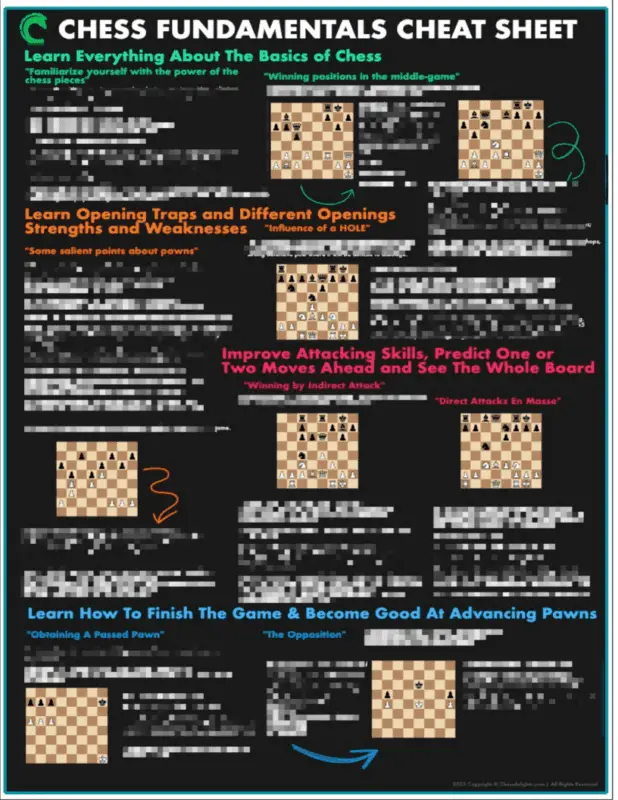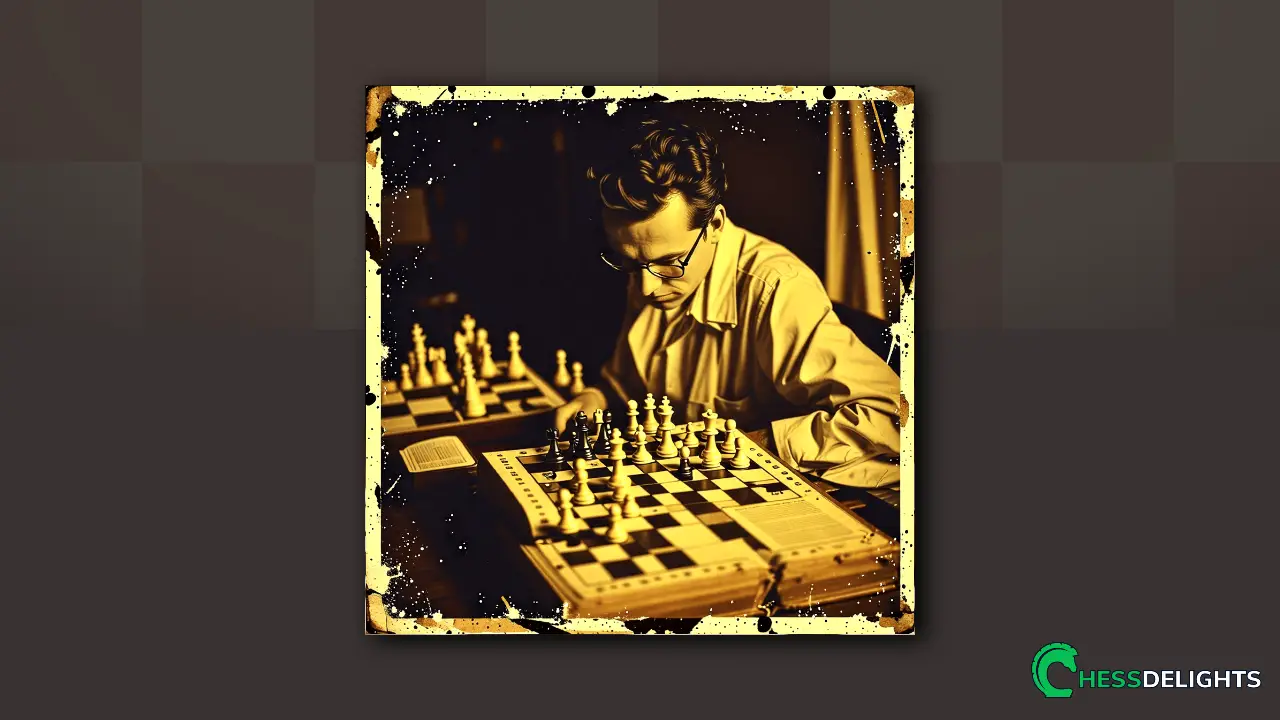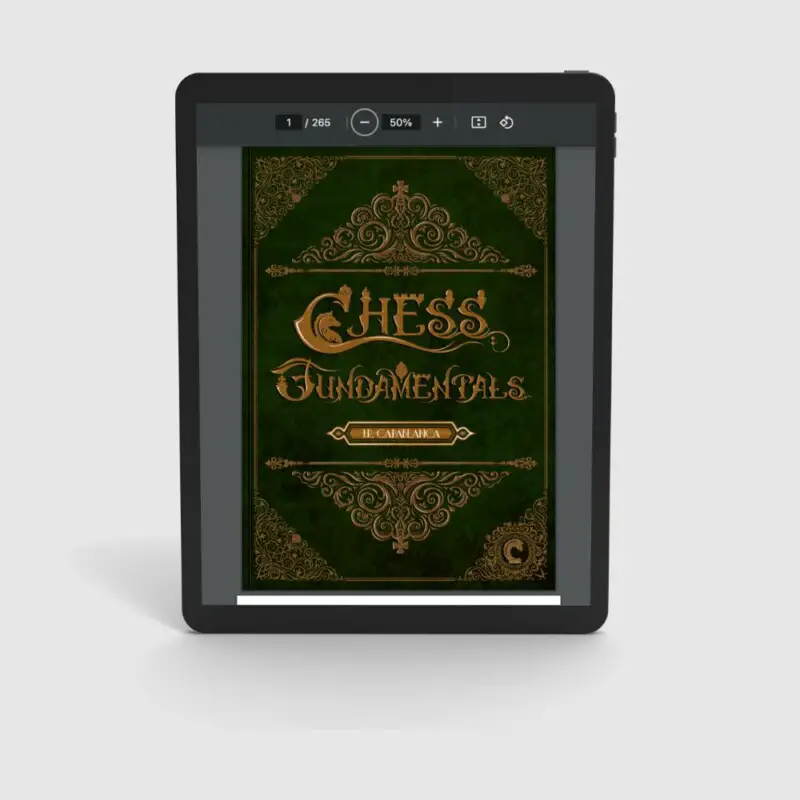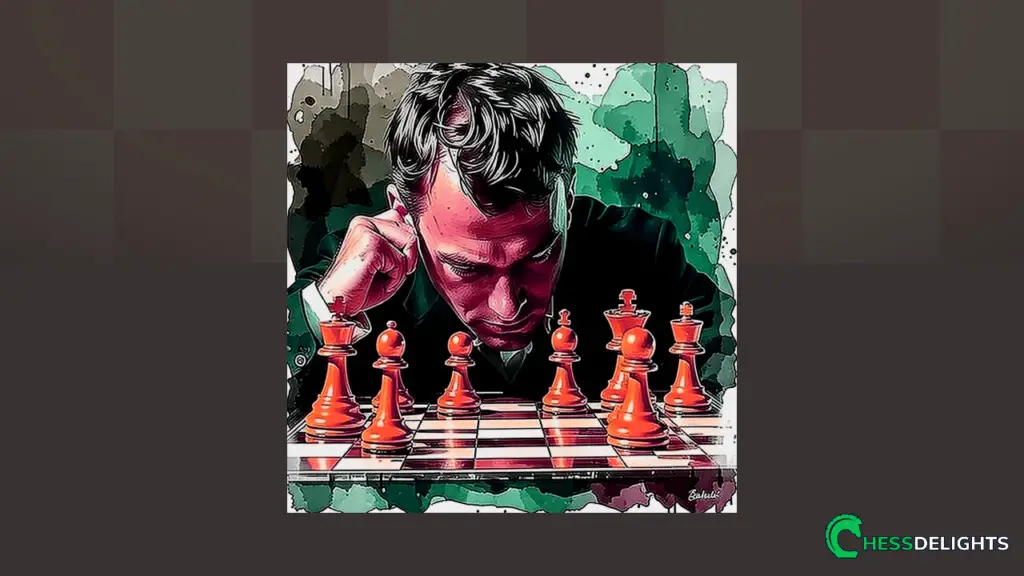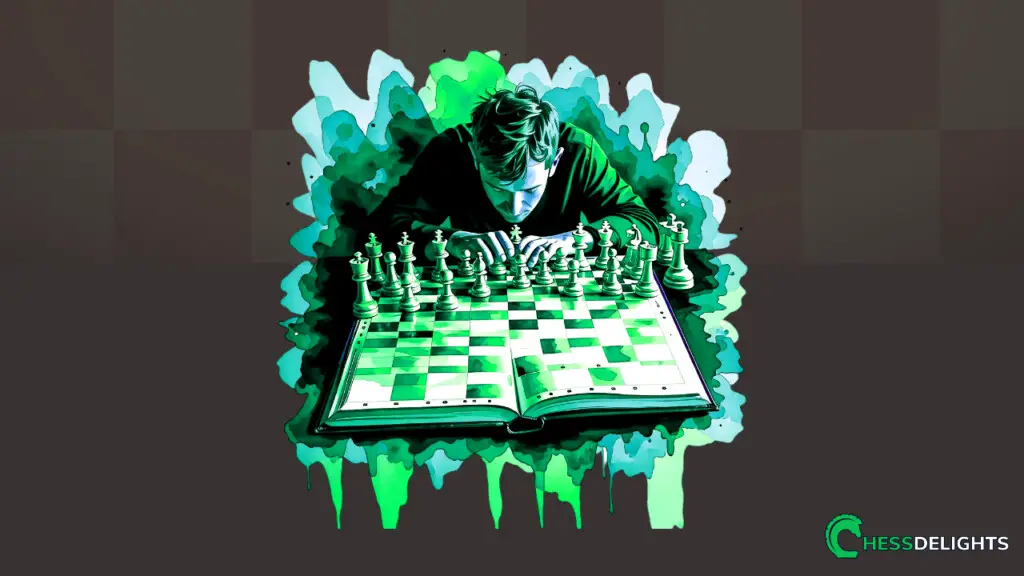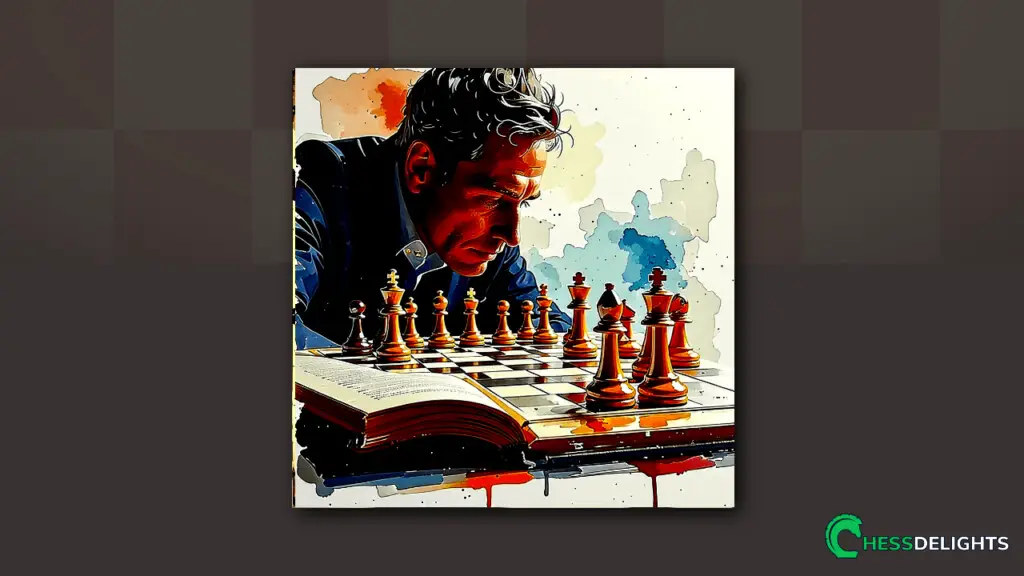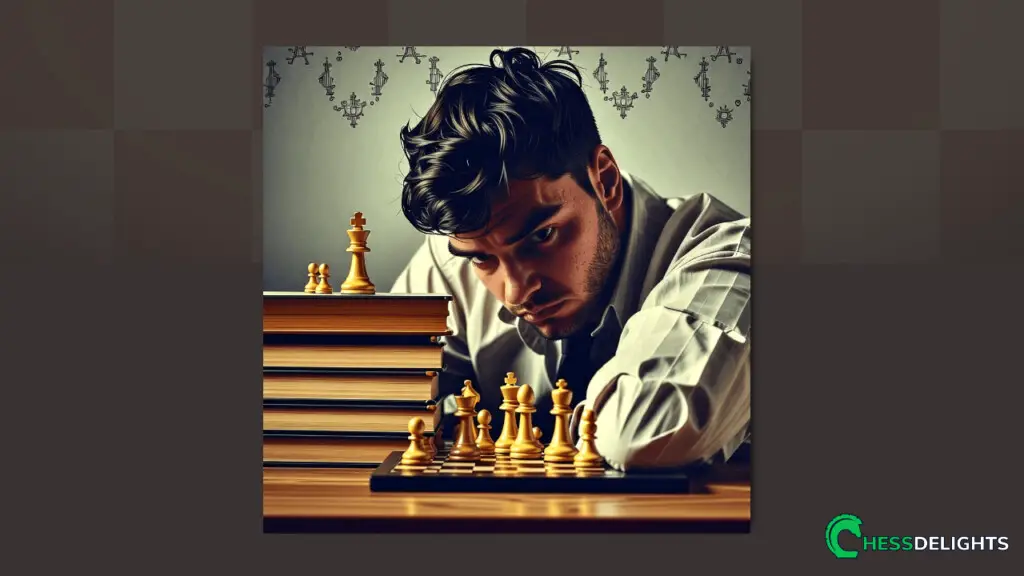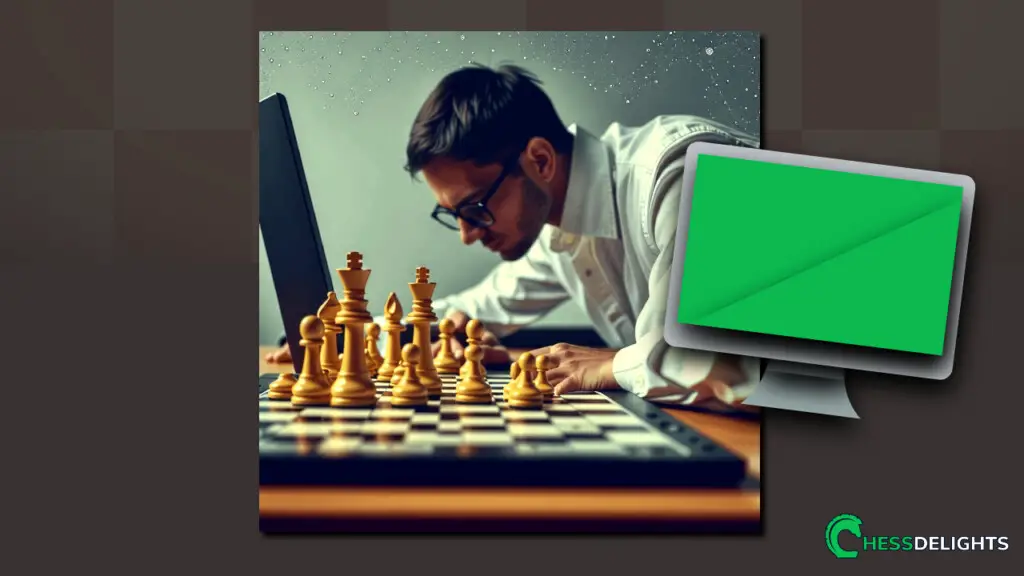Improving in chess without formal coaching or serious study is a topic that has been discussed in many online chess communities. The general consensus is that one can indeed improve with practice and playing a lot of games, but there are limits to how far one can go without structured learning.
Chess players who practice regularly and intuitively can reach a moderate level of play. However, they often hit a plateau at a rating of around 2000. Comprehensive study, understanding of openings, and chess literature are all deemed crucial for advancing beyond this point.
While some players might not want to learn the names of openings understanding the principles behind them and the resulting middle-game plans is essential. Chess books are a controversial topic, with some players believing they don't work, while others argue that top players do read them, albeit without a board.
Learning Chess without Playing with someone else
If you've ever pondered, “Can you learn chess from a book without playing with someone else?”, rest assured, the answer is a definitive ‘yes'. Harnessing the power of books, coupled with a sprinkling of discipline and dedication, can bring about significant improvement in your game.
Let's delve into the steps to be taken:
- Tactics Focus. Engaging with puzzles, tactics problems, and combinations is a critical part of improving your chess skills. These activities allow you to recognize patterns and seize opportunities during games. For example, I often use puzzles to polish my ability to spot forks, pins, and skewers.
One of my favorite resources is the ‘Manual of Chess Combinations‘. It includes thousands of tactical problems that range from elementary to master level, providing me with a continuous challenge as my ability grows. - Master Games. Reviewing games played by grandmasters has been a cornerstone of my chess education. These games offer a window into high-level strategies and the thought processes behind each move.
For instance, I recall the many hours I spent studying “The Life and Games of Mikhail Tal“. Tal‘s games, known for their creativity and daring, expanded my understanding of the possibilities in chess and taught me the value of being proactive and aggressive in my play. - Analyze Your Games. Self-assessment is essential when learning chess. I make it a habit to analyze my own games, dissecting my mistakes, and identifying areas for improvement. I find this especially useful after a defeat, turning a potentially demoralizing event into a learning opportunity.
- Positional Understanding: Understanding positional chess concepts like pawn structures, piece activity, and king safety has been key to my development as a player. By studying these concepts, I've been able to create long-term plans and understand the subtleties of each position. “My System” by Aron Nimzowitsch has been an invaluable resource in this regard, demystifying complex positional ideas and providing a framework for understanding them.
- Calculation Practice. Visualizing moves and calculating variations in my head is a skill I continually work on. It's an aspect of chess that requires constant practice. I've found “Improve Your Chess Now” by Jonathan Tisdall immensely helpful. The book provides a structured approach to improve calculation skills, presenting practical exercises that have noticeably improved my ability to anticipate my opponent's moves.
- Endgames. Endgame study is an area I never neglect. Knowledge of endgames often makes the difference between winning, drawing, or even losing a game. “100 Endgames You Must Know” has been a crucial part of my chess library. The book covers essential endgame knowledge in a clear and concise manner, allowing me to study efficiently and effectively.
- Online Resources. Lastly, I've found online platforms like Chess.com and ChessMood.com to be incredibly useful. They offer a multitude of practice puzzles and opportunities to analyze games. I've spent countless hours honing my skills on such platforms, and the time invested has paid off in my game performance.
Learning chess independently demands discipline, as there's no one to monitor your progress. Sticking to a study routine and revisiting your games and studies regularly can lead to steady improvement. Remember, the goal is not just to learn but also to apply what you learn in your games.
Moreover, don't shy away from seeking advice from online chess forums. These platforms can provide different perspectives, helpful advice, and a sense of community. In fact, you're not entirely alone in your journey; there's a whole world of self-taught chess enthusiasts out there, just a click away.
Recommended : If you want to know where to start your chess journey, go to this page.
While playing chess with others can provide invaluable real-time experience, it's not the only path to improvement. With the right resources and approach, one can indeed learn chess from a book without playing with someone else.
Learning Chess from Books Only
Acquiring chess knowledge solely through books can certainly be a rewarding venture. This method requires a level of self-discipline and dedication that can yield significant results.
Now, let's explore a few key components of this self-teaching journey:
- Dedicated Tactics Study. Studying chess tactics is a significant aspect of improving one's chess game. I remember when I started dedicating a significant portion of my study time to tactics, I noticed a drastic improvement in my calculation abilities.
One valuable resource that I found was the ‘Chess Fundamentals by J.R. Capablanca‘, a book that provides a vast array of chess positions to practice tactics. The book helped me to understand the different tactical themes and patterns that recur in chess, and I was able to apply these in my own games. - Game Analysis. Analyzing games, both my own and those of grandmasters, has been a crucial part of my chess learning journey. Studying grandmaster games from books helped me to understand the high-level strategies used, but analyzing my own games was even more beneficial.
By going through my games, I could identify recurring mistakes and areas I needed to improve on. I remember how I used to blunder in the middlegame phase consistently. By analyzing my games, I realized this and worked on improving my middlegame tactics and strategy. - Positional Understanding. Understanding positional concepts in chess is something I learned by studying the games of great players and reading books that focus on this aspect. One of the key lessons I took away was how the control of key squares, pawn structures, and piece activity could dictate the course of a game.
I was fascinated by how grandmasters could subtly manoeuvre their pieces and pawns to achieve a superior position, and this inspired me to study positional chess more diligently. - Endgame Mastery. Endgame is a crucial phase of the game and mastering it can be the difference between a win and a loss. I remember studying the book ‘Dvoretsky's Endgame Manual‘ to improve my endgame skills.
The book provided clear explanations and practical examples, which made learning endgames much simpler. By applying the principles I learned from the book, I was able to convert several drawn positions into wins, which boosted my confidence greatly. - Visualization and Calculation. Mastering visualization and calculation in chess is a critical skill. It involves seeing the board in your mind's eye and calculating several moves in advance. To hone this skill, I practiced regularly, studying complex games, and solving chess puzzles.
Over time, I noticed that I was able to calculate longer variations and visualize distant positions more clearly. - Study Grandmaster Games. Studying grandmaster games has been a major part of my chess study. Collections of games by grandmasters like Botvinnik and Alekhine provided insight into high-level strategies and tactics.
While studying these games, I not only learned new strategies and tactics but also got a glimpse into the thought processes of these great players. This greatly influenced my approach to the game and helped me to improve my overall performance. - Algebraic Chess Notation Mastery. Algebraic chess notation is the language of all modern chess books, and a good grasp of it is essential. When I was a beginner, I struggled with reading and writing algebraic chess notation. However, as I started reading more chess books and recording my games, I became more comfortable with it.
Now, I can follow along with a game in a book or an article without needing a chessboard. This skill has been quite useful in expanding my understanding of the game and learning new ideas.
Recommended reading: If you want to learn what books to read in order, check out this article.
While books are your primary resource, do not forget the vast amount of information available online. There are numerous forums filled with helpful advice and interesting discussions that are just a click away. Your user experience on these platforms can significantly add to your book studies.
Furthermore, studying chess theory can have a profound impact on your rating. The insights gained from deep theoretical study can significantly enhance your understanding of the game's intricacies.
While travel chess sets are portable and handy, nothing beats the tactile experience of moving physical pieces on a chessboard while learning from a book. It's an excellent way to absorb the patterns and strategies discussed in the text.
So, even if you don't have a partner to play chess with, don't let that deter you. With the right resources and a disciplined approach, you can certainly learn chess from a book and see a consistent improvement in your skills.
Our Popular Product
Limited Offer ChessDelights Edition of Jose Raul Capablanca's Chess Fundamentals Book PDF
Now: $4.99 Only Regular Price: $6.99
